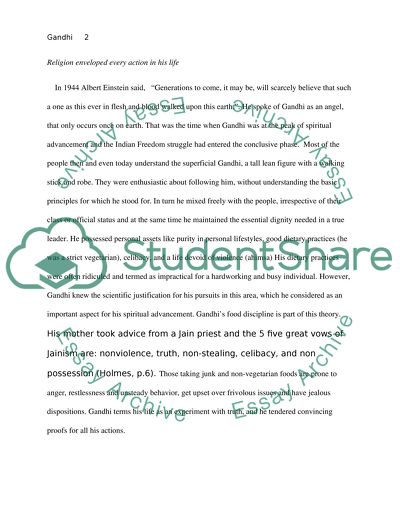Cite this document
(“Ghandi, The Man not the Myth Essay Example | Topics and Well Written Essays - 1500 words”, n.d.)
Retrieved from https://studentshare.org/religion-and-theology/1451929-ghandi-the-man-not-the-myth
Retrieved from https://studentshare.org/religion-and-theology/1451929-ghandi-the-man-not-the-myth
(Ghandi, The Man Not the Myth Essay Example | Topics and Well Written Essays - 1500 Words)
https://studentshare.org/religion-and-theology/1451929-ghandi-the-man-not-the-myth.
https://studentshare.org/religion-and-theology/1451929-ghandi-the-man-not-the-myth.
“Ghandi, The Man Not the Myth Essay Example | Topics and Well Written Essays - 1500 Words”, n.d. https://studentshare.org/religion-and-theology/1451929-ghandi-the-man-not-the-myth.


